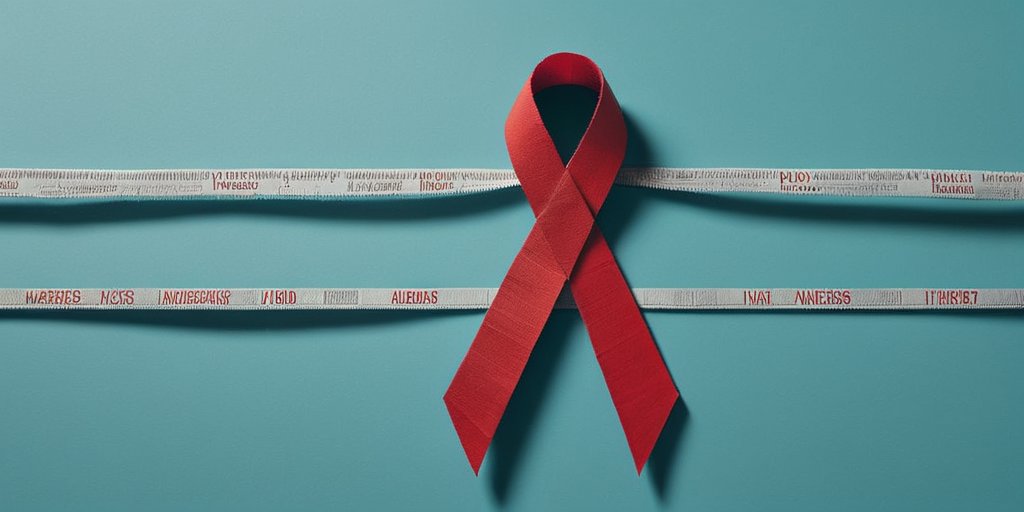The recent announcement from UNAids has raised alarm bells regarding the US cuts to international HIV aid, a decision linked to actions taken by President Donald Trump on his first day in office. Alex Boyd from BBC News reports that these cuts could result in an alarming increase of 2,000 new HIV infections daily and potentially over six million deaths in the next four years if left unaddressed. The severity of this situation is underscored by the historical context: since 2004, deaths related to HIV have decreased significantly from more than two million to around 600,000 in 2023.
Winnie Byanyima, Executive Director of UNAids, has voiced grave concerns over the decision to pause foreign aid, which includes vital funds for HIV treatment programs. She emphasized that the sudden withdrawal of funding is detrimental, particularly for vulnerable populations such as women and girls. Byanyima urged the US government to immediately reverse these cuts to prevent a catastrophic reversal in the fight against HIV/AIDS.
The impact of this funding pause is particularly visible in areas like Africa, where critical programs supporting maternal health and HIV prevention are being halted. Clinics that provided life-saving treatment are shutting down, and the availability of anti-retroviral (ARV) medicines is becoming increasingly threatened. The WHO has warned of the risk of a massive shortage of essential drugs in various countries, including Nigeria, Kenya, and South Africa, highlighting a potential return to the struggles experienced during the 1990s before widespread access to treatment.
The substantial role of the US has historically made it the single largest funder of HIV prevention and treatment, a fact recognized by Byanyima. While acknowledging the US’s right to reassess its funding commitments, she asserted that the abrupt cuts are tragically impacting those who rely on these vital services.
As international advocacy grows louder, leaders from various health organizations are echoing similar sentiments, warning of the potential repercussions of these decisions. They emphasize that without a swift change in strategy from the US, the hard-fought progress made over the last two decades could be fundamentally compromised.
In summary, the humanitarian plight faced by millions due to Trump’s administration cuts has caused global concern, urging immediate reevaluation of foreign aid strategy to sustain public health advancements achieved in HIV prevention and treatment.
